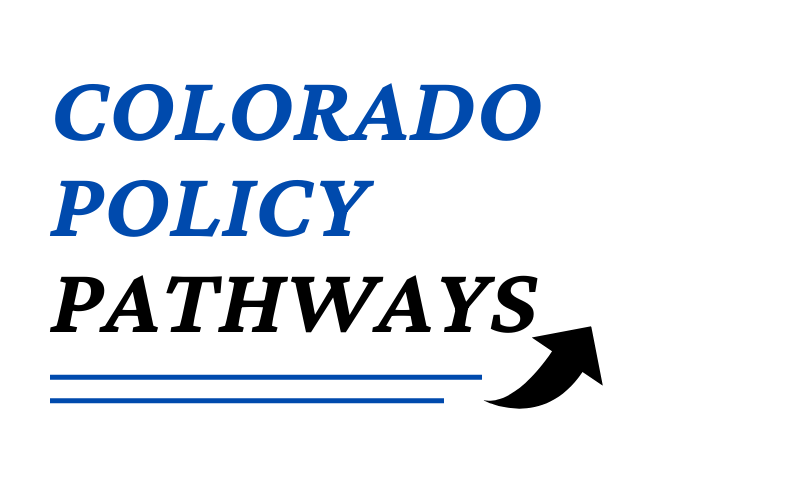The rule recently proposed by this Administration’s Department of Labor* is about access.
By severely limiting legal options for self-employment, the US DOL shapes itself into an intimidating and impassable gatekeeper to income and self-directed financial security.
Today’s workforce yearns for more options
All over the country, a growing number of people are thinking, “I want to explore new career options. I want more purpose, and I want to express who I am. I want to develop my skills and expertise. I want to explore and share my own artistry. Most of all, I want to develop relationships with my clients, my audience, and my community one-on-one, on my own terms. I want more control over my compensation. In short, I want to be self-directed.”
Without access to markets, this is a futile undertaking.
This proposed rule is an over-reach that will constrain markets that have always allowed for a freer matching of people as providers to people with needs and expectations.
And technology has provided more direct access to markets than ever before.
Transactional platforms and powerful communications options are throwing open the doors to markets, providing extraordinary access to matching and building relationships.
And yet, the DOL wants to deliver something completely different.
The proposed rule will encourage an economy with only two defaults, hire or be hired. Businesses as employers, are heavily regulated and controlled by government agencies and will grow to be gatekeepers to the economy.
This regulatory approach follows a pattern of expanding the legal infrastructure. It aims to protect unadaptable policy aspirations from another era. The spreading consequences are delivering new normals that nobody in the general public wants.
And more troubling, it has the power to limit the potential of some of the most artistic, creative, and determined individuals in our society to add dynamism, new ideas, and products to our culture and society.
In an attempt to remedy growing conflict, this rule reshapes the economy, limiting participation.
There is undeniable mounting friction between established legal infrastructures and emerging opportunities. But this rule accommodates that friction by enforcing old economic realities and denying the evolving needs of today’s workforce.
By forcing everyone into a hire-or-be-hired framework, the overreaching rules force nearly everyone into this bifurcated model. As an extended consequence, it shifts market power away from small independent companies to large firms.
In Colorado, even a small employer with their very first hire is now overburdened with mandates that are nearly equally imposed on businesses with thousands of employees. And many are being crushed. With every passing year, they are less able to remain viable as a commerce model that relies on hiring employees, shifting the dominance of employment opportunities to large firms. By threatening the IC model, which supports rich networks of business relationships, this rule could rob them of lifelines, preventing access to a sustainable market presence.
There are more balanced policy options
The frictions that this rule claims to address do need attention.
But the reasons are complex. And I have heard it said in various rule-making sessions, “We will get the language right.” The assumption is that if we just get the language right, we can eliminate conflict. These are people. People are complicated. And we are all different with different needs.
Wrapping such diverse options in rigid contractual language leaves so much room for risk and sanctions that it will change behaviors and decision-making. And working with independent contractors will pose too much risk.
This is a terrible loss for a forward-looking workforce and society that recognizes that well-being is an evolving and deeply personal balance between both material and spiritual wealth.
*Access the proposed rule and submitted public comments on the Federal Register here.



